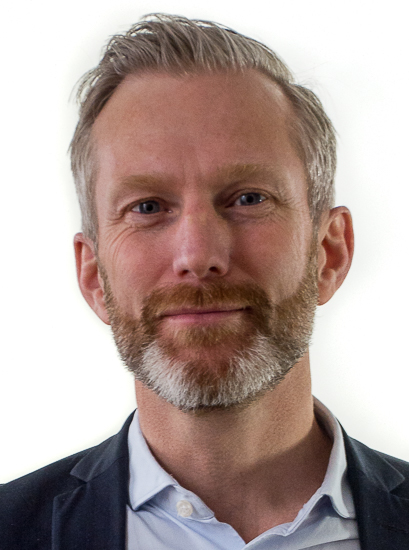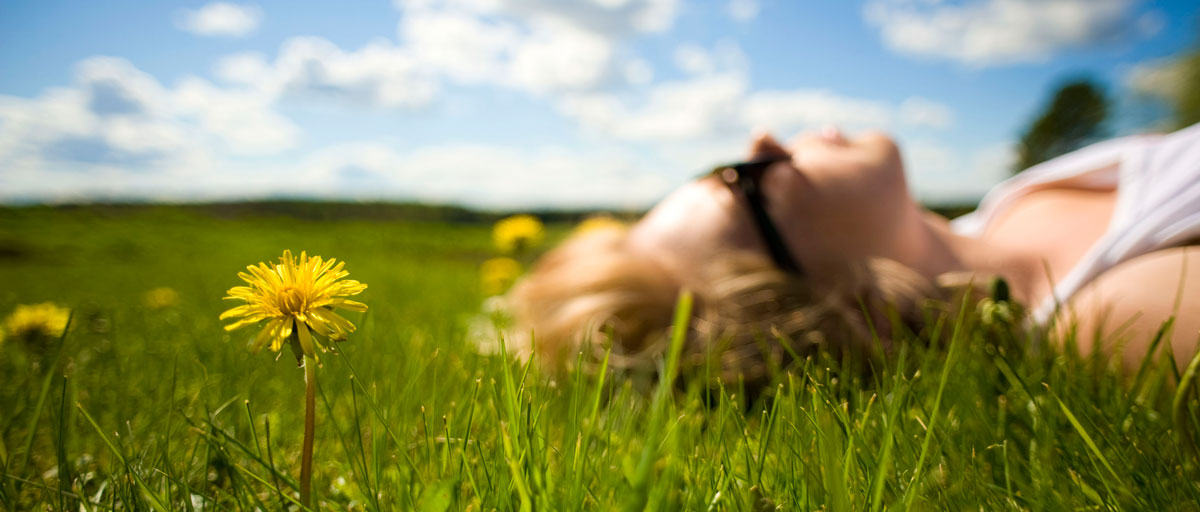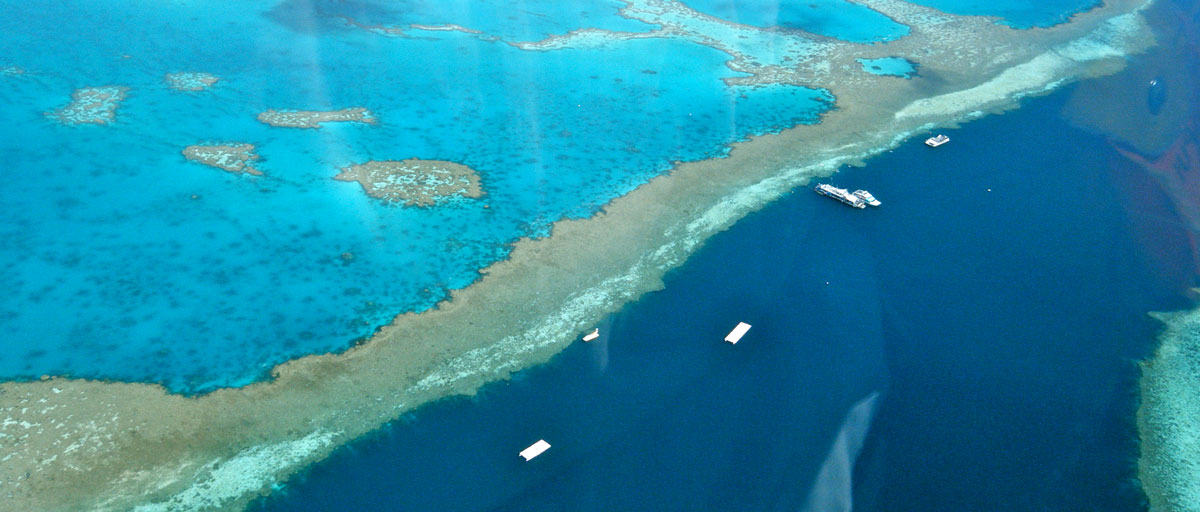
A new study argues that an epidemic of being chronically busy jeopardises the scientific community’s potential for discovering long-term solutions.
Bildtext får vara max två rader text. Hela texten ska högerjusteras om den bara ska innehålla fotobyline! Photo: B. Christensen/Azote
SCIENCE TRANSFORMATION
Unsustainable science
With ever-rising demands of publications and endless tasks leaving little space for creative insight, current practice of science is unsustainable
- New commentary argues for a more sustainable practice of science in order to cultivate scientific insight essential to creating a sustainable earth.
- The authors argue that the scientific community’s ability to make progress within society is hindered by this emphasis on productivity, calling for a shift in scientific practice towards alternative ways of measuring the value of science.
- Science requires balance, allowing more time to reflect and discover creative solutions for a sustainable earth.
Essential to scientific progress is the discarding of outdated paradigms—from limitless growth and resource depletion to lasting solutions for a sustainable earth. But ironically, the scientific community itself demands productivity at a rapid, unsustainable pace.
Researchers Øyvind Paasche from the Bjerknes Centre for Climate Research and NORCE Climate in Norway, together with centre science director Henrik Österblom argue that an epidemic of being chronically busy jeopardises the scientific community’s potential for discovering long-term solutions.
Published in One Earth, Paasche and Österblom call for a more sustainable practice of science that offers space for innovative solutions to grow.
Success in science has perhaps never before been so measured, and the explicit demand for more publications—which take a lot of time to produce—exemplifies this.
Henrik Österblom, co-author
The deeper value of science
The scientific community often links value to producing more at a faster rate. Considering the amount of publications that need to be written along with an endless stream of tasks to check off, there is little time left to reflect and collaborate. In the race towards achieving the Sustainable Development Goals, measuring progress is increasingly difficult. Therefore, the authors call for re-evaluating what it means to advance the field of science.
The authors point out how the sustainability science community is a globally connected network. This drives uniformity, where “for science, as for many creative activities, conformity stalls progress.” This reduces the capacity for creative thinking and diversity within the field, impacts resilience on a personal level, and ultimately affects the whole community.
But being a field continuously striving for progress, how is it possible to balance science? The authors highlight how crucial it is to reflect on this question for any hope of achieving global sustainability, and also highlight a number of examples where this reflection and progress has been made possible.
Reflecting on science to reinvent the future
The authors raise the idea of deep sustainability, which recognises the diversity of life and provides a more holistic viewpoint of how to solve complex challenges. This, they suggest, is where merging perspectives from both science and art can help illuminate the path towards a sustainable earth.
For example, Österblom suggests understanding the value of “slow science” from the art of sculpture. Both art and science require patience and diligence to overcome challenges and to design lasting solutions. The similarities between these two fields can help initiate reflection and spark new insights on how to move forward. This art-science connection is central to the Stockholm University initiative Accelerator, which uses art to promote reflection in science. The South American Institute for Resilience and Sustainability (SARAS) in Uruguay is another initiative providing a setting for “stimulating creativity and novelty” in scientific and artistic work.
Ultimately, ideas central to making science more sustainable allow for more time to think and collaborate. This requires actively taking steps to merge disciplines and reflect on where science is now, and where it is headed.
The authors suggest moving towards creative solutions for complex challenges, a process that adds “playfulness” to learning, as they conclude:
“The existence of free arenas and more time to think will aid us in becoming better individual scientists, and a more diverse community, hopefully with an improved ability to deal with change in an increasingly turbulent reality.”
Paasche, Ö., Österblom, H. 2019. Unsustainable science. One Earth, Volume 1, Issue 1, 20 September 2019, Pages 39-42









